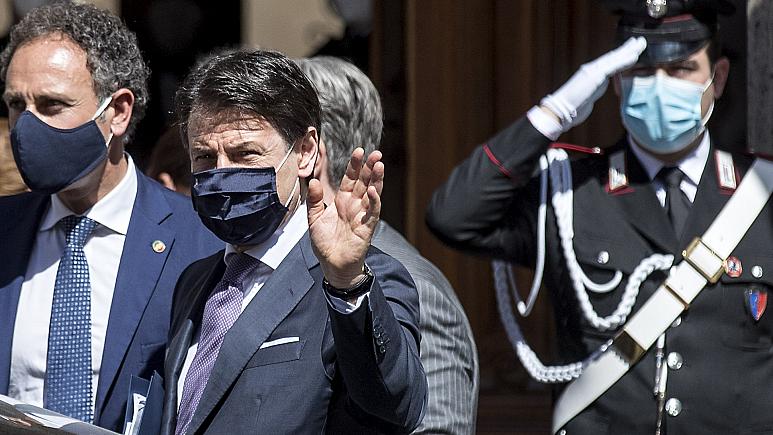Geneve hosts event on removing landmines in Azerbaijan

The Institute for Rights & Development – Geneva (IRDG) hosted a conference entitled: The path to eradicate landmines in Azerbaijan: an international challenge. The event was held on the 4th of April, commemorating the International Day for Mine Awareness, to raise awareness about the importance of eradicating landmines in Azerbaijan. The IRDG said they hope to support the efforts to clear landmines and explosive remnants of war and mark and fence off dangerous areas.
Mr Richard Bellity, Secretary of the International Institute for Rights and Development (IRDG), said that during his organization’s visit to the mining areas and the Mines Action Agency, they ” have been witnessing the destruction of villages and means of living in the area.” He added that although the will and energy of the Azerbaijani people tackling the reconstruction of the area and answering people’s needs.
Mr Bellity shed light on the humanitarian crisis caused by the disposal of the war remnants, which left an estimated 750,000 people displaced internally as well as 250,000 refugees. “There is no possible return for the population until the region has been cleared completely from its remnant of war.”
In his intervention, Dr Nidal SALIM, Director General Global Institute for Water Environment and Health (GIWEH), called for introducing a national standard of incorporating environmental management while dealing with landmines. Dr SALIM shed light on the importance of incorporating the landmines issue with the environmental concern: “When we are speaking about the land mines, we are speaking about the land, we are speaking about the soil, we are speaking about water and vegetation.”
Dr SALIM then called on the international community to support the cleaning and demining of the mines on the ground and to put pressure on countries who are practising this issue.”
Mr Noah Curry, Executive Director of Youth Parliament for SDG (YPSDG), said that the problem of refugees and asylum seekers also impacts people’s lives socially and psychologically. “It doesn’t only impact the lives of the internally displaced families but also those people where they were relocated to other villages… it puts stress on the financial capabilities and the social services that the state provide.”
Curry also highlighted that demining is a security issue and a way to save lives and prevent injury; it is also vital to the region’s infrastructure, education, and agricultural reconstruction. Eventually, he called on the international community to assist the IDPs financially and recognize the links between peace and security and human rights and sustainable development.


